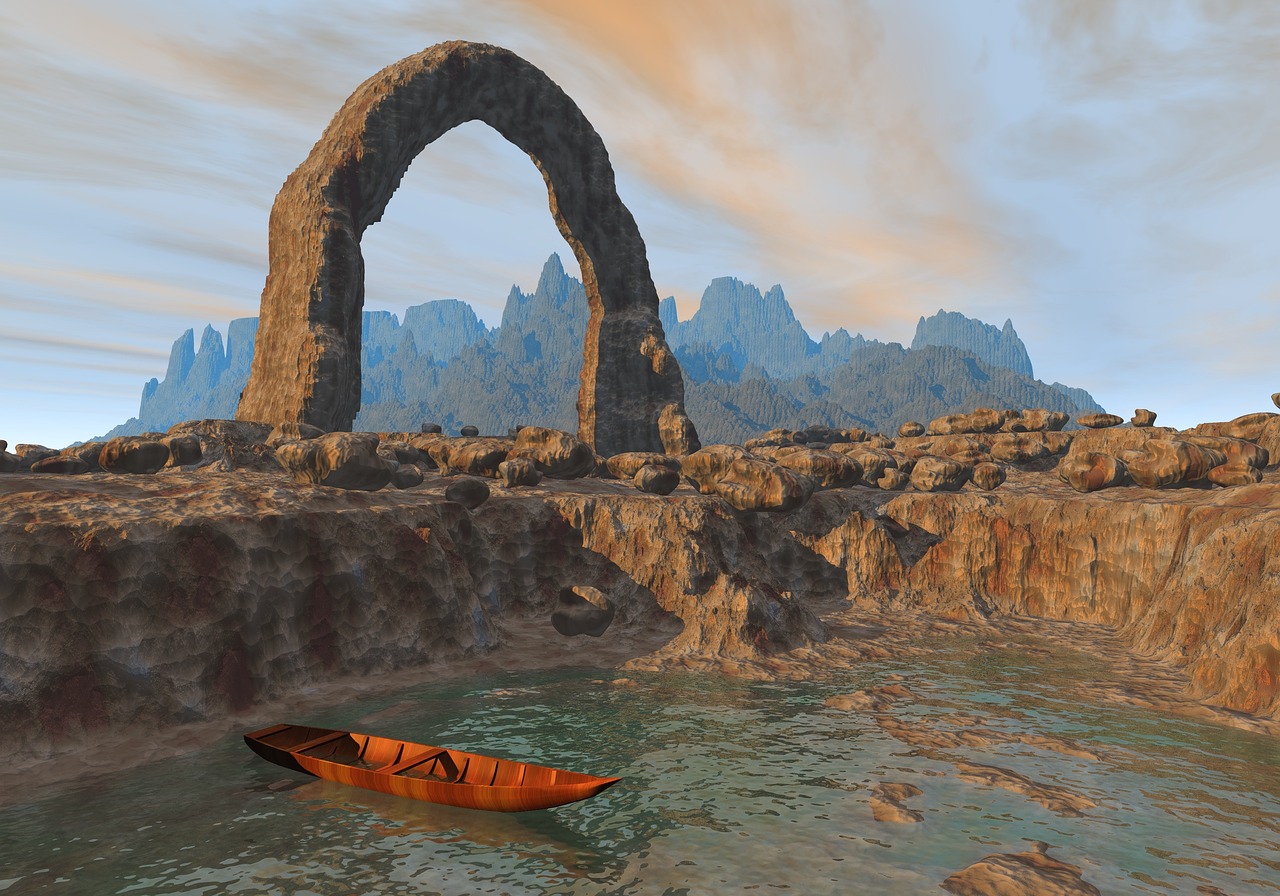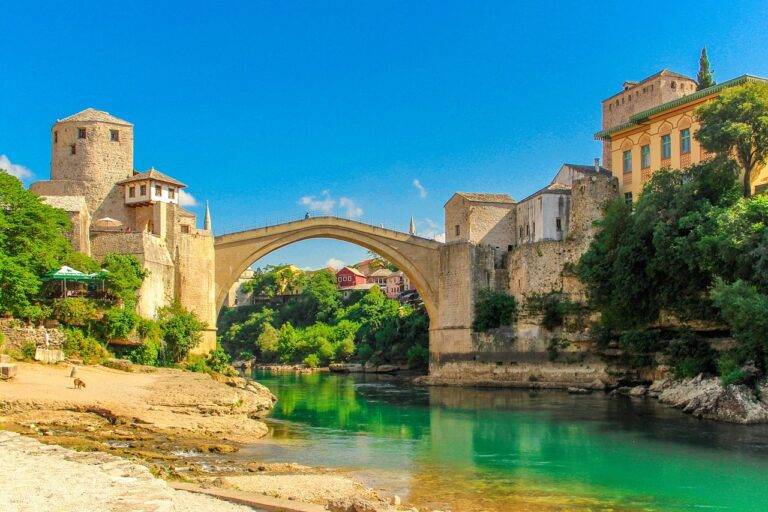Sustainable Wildlife Tourism: Balancing Conservation and Exploration
Wildlife tourism poses several challenges that can have a significant impact on animal populations and ecosystems. One primary concern is the disturbance to the natural behavior and habitat of animals caused by the influx of tourists. Increased human presence can lead to stress and disruption in breeding, feeding, and migration patterns of wildlife, ultimately affecting their overall well-being.
Another issue associated with wildlife tourism is the potential for habitat degradation and loss. The development of infrastructure such as roads, hotels, and lodges to accommodate tourists can result in the destruction of critical habitats and fragmentation of wildlife corridors. This can lead to isolation of populations, decreased genetic diversity, and ultimately threaten the long-term survival of various species.
The Importance of Conservation Efforts
Conservation efforts play a crucial role in safeguarding the intricate balance of our planet’s ecosystems. By focusing on preserving biodiversity and protecting endangered species, we are ensuring that future generations will continue to benefit from a diverse and resilient natural world. Through various conservation initiatives, we are striving to mitigate the negative impacts of human activities on the environment and promote sustainable practices for the well-being of all species.
Furthermore, conservation efforts contribute to the preservation of essential habitats and the maintenance of ecological processes that support life on Earth. By actively engaging in conservation activities, we are not only protecting individual species but also fostering the overall health and stability of ecosystems. Through collaborative efforts and dedicated resources, we are working towards creating a more harmonious coexistence between humans and the natural world, ultimately securing a sustainable future for all living beings.
What are some challenges faced by wildlife tourism?
Some challenges faced by wildlife tourism include habitat destruction, poaching, climate change, and human-wildlife conflicts.
Why is conservation important for wildlife?
Conservation is important for wildlife because it helps protect and preserve species, habitats, and ecosystems for future generations.
How can individuals contribute to conservation efforts?
Individuals can contribute to conservation efforts by supporting conservation organizations, practicing sustainable living, and raising awareness about the importance of wildlife conservation.
What are some successful conservation efforts that have helped save endangered species?
Some successful conservation efforts that have helped save endangered species include breeding programs, habitat restoration, and anti-poaching initiatives.
How does wildlife conservation benefit the environment?
Wildlife conservation benefits the environment by maintaining biodiversity, supporting ecosystem services, and preserving natural resources for future generations.





